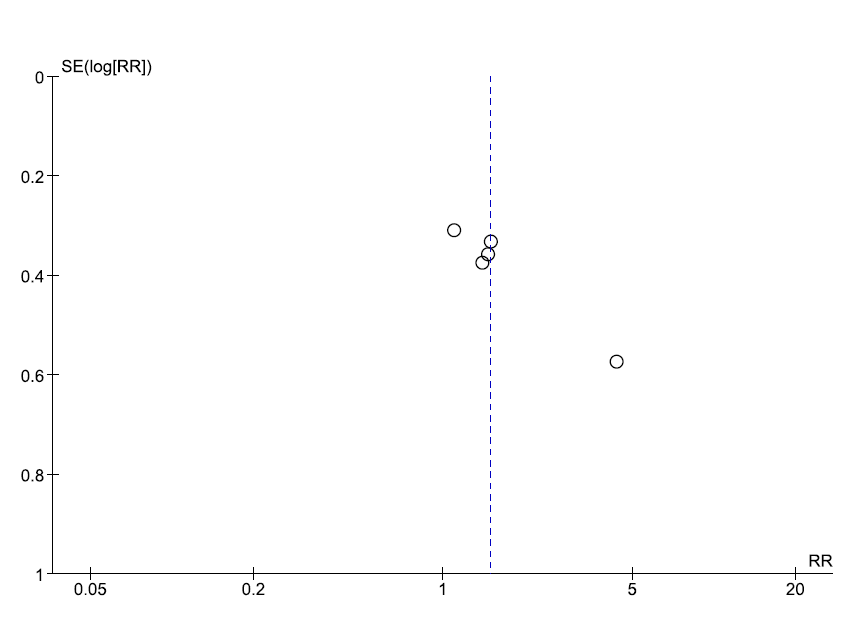Session Information
Session Type: ACR Poster Session C
Session Time: 9:00AM-11:00AM
Increased Risk of Cerebrovascular Accident among Patients with Anti-Neutrophil Cytoplasmic Antibody-Associated Vasculitis: A Systematic Review and Meta-analysis of Cohort Studies
Abstract
Background/Purpose: An increased risk of cardiovascular disease, including cerebrovascular accident (CVA), among patients with chronic inflammatory immune-mediated disorders is well-recognized, especially among patients with rheumatoid arthritis and systemic lupus erythematosus. Patients with anti-neutrophil cytoplasmic antibody-associated vasculitis (AAV) may be at an increased risk of CVA as well although the data are still inconclusive as most studies addressing this association were small in size. The current systematic review and meta-analysis was conducted with the aims to identify all relevant studies and summarize their results together.
Methods: Two investigators independently searched for published studies indexed in MEDLINE and EMBASE database from inception to April 2018 using the search strategy that included the terms for anti-neutrophil cytoplasmic antibody-associated vasculitis and cerebrovascular accident. Eligible studies were cohort studies (either retrospective or prospective) that compared the risk of incident CVA between patients with AAV and individuals without AAV. They must also report the relative risk or hazard ratio with 95% confidence intervals (CI) of this comparison. Point estimates and standard errors from each study were extracted and combined together using the random effect, generic inverse variance technique of DerSimonian and Laird. Evaluation for publication bias was conducted using funnel plot.
Results: Of 1,132 retrieved articles, a total of 5 studies fulfilled the inclusion criteria and were included in this meta-analysis. The risk of incident CVA among patients with AAV was significantly higher than individuals without AAV with the pooled risk ratio of 1.49 (95% CI, 1.06–2.10). The statistical heterogeneity was insignificant with an I2 of 11%. The forest plot of this meta-analysis is shown as figure 1. The funnel plot (figure 2) of this study was relatively symmetric and did not suggest the presence of publication although the interpretation was limited by the relatively low number of included studies.
Conclusion: A significantly increased risk of cerebrovascular accident among patients with anti-neutrophil cytoplasmic antibody-associated vasculitis was observed in this study.
Figure 1: Forest plot of this meta-analysis
Figure 2: Funnel plot of this meta-analysis
To cite this abstract in AMA style:
Ungprasert P, Wijarnpreecha K, Cheungpasitporn W. Increased Risk of Cerebrovascular Accident Among Patients with Anti-Neutrophil Cytoplasmic Antibody-Associated Vasculitis: A Systematic Review and Meta-Analysis of Cohort Studies [abstract]. Arthritis Rheumatol. 2018; 70 (suppl 9). https://acrabstracts.org/abstract/increased-risk-of-cerebrovascular-accident-among-patients-with-anti-neutrophil-cytoplasmic-antibody-associated-vasculitis-a-systematic-review-and-meta-analysis-of-cohort-studies/. Accessed .« Back to 2018 ACR/ARHP Annual Meeting
ACR Meeting Abstracts - https://acrabstracts.org/abstract/increased-risk-of-cerebrovascular-accident-among-patients-with-anti-neutrophil-cytoplasmic-antibody-associated-vasculitis-a-systematic-review-and-meta-analysis-of-cohort-studies/


